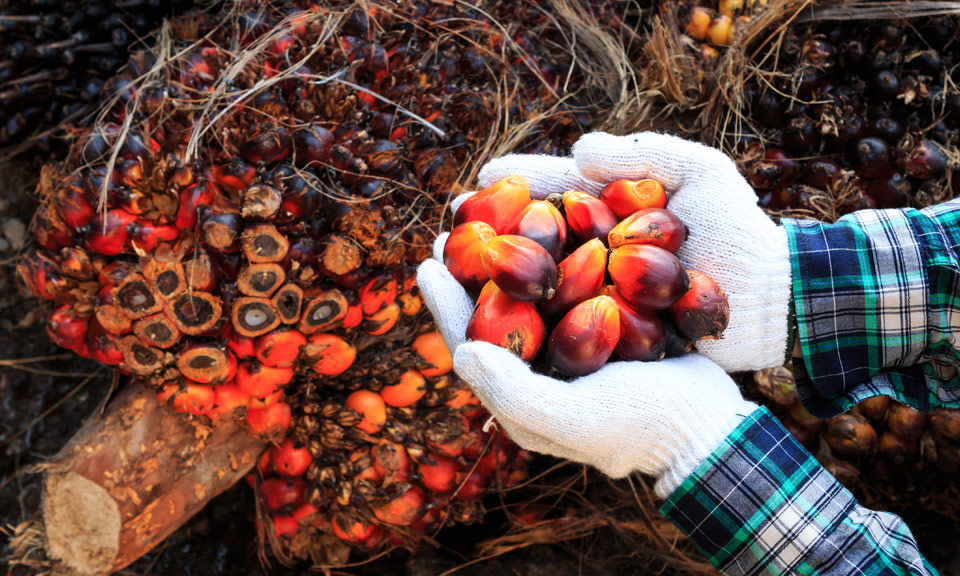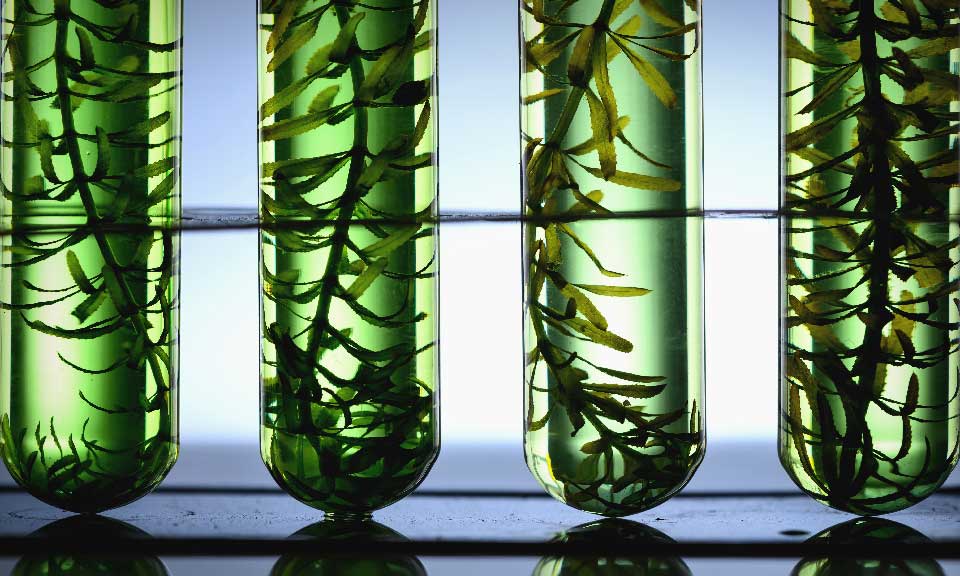Flat demand and overflowing tanks pressure Indonesia's palm oil exports

Indonesia's exports of palm oil are expected to be around 1.8 million mt in June and between 2.2 million mt-2.8 million mt in July, market sources told S&P Global Commodity Insights July 22, as demand from buyers stagnated despite lower prices.
Nearly two months since Jakarta revoked a complete ban on palm oil exports, the world's largest palm oil producer and exporter continues to struggle with overflowing storage tanks and low farmgate prices as international markets price in higher stocks and low demand.
"Key players still vary about how much downside is left in the prices knowing the huge stockpiles available in Indonesia. Due to this, I expect Indonesia's exports to be limited to 1.9 million mt in June and 2.2 million mt in July," Aditya Jeripotula head of research at commodities firm TransGraph Ltd said.
Indonesia typically exports between 2.5 million and 2.8 million mt of palm oil in a month.
In 2021 it produced 46.9 million mt and exported 34.2 million mt of palm oil products including biodiesel, according to Indonesian Palm Oil Association or Gapki data.
However, stocks in the country rose to a record high of 7.23 million mt at end-May, according to the latest Gapki data, after a three-week ban on exports was announced by President Joko Widodo on April 23 to check rising food inflation and cooking oil shortages.
Market sources estimate that Indonesia's palm oil stocks could be much higher than that figure, at closer to 10 million mt.
June exports should be around 1.85 million mt and July exports should be around 2.8 million mt as prices have corrected a lot and margins are good. Anil Kumar Bagani, research head at Sunvin Group, a Mumbai-based vegetable oil brokerage said.
In Indonesia, factories are running out of space to store the oil and some palm oil makers are using floating tanks or barges near ports, a Medan, Indonesia-based palm oil analyst told S&P Global. The analyst expects July shipments to reach 2.1 million mt.
"The elephant in the room is the rising stockpiles in Indonesia. We are expecting a rather large inflow of cargoes from Indonesia, Lingam Supramaniam, director with vegetable oil brokerage Pelindung Bestari at Port Klang, Malaysia said, adding that about 120,000 mt of Indonesian palm oil will make its way to Malaysia in July and August.
In Malaysia, the second largest palm oil producer after Indonesia, crude palm oil futures have nose-dived almost 40% from their April record highs.
The third month crude palm oil contract on the Bursa Malaysia Derivatives exchange slid to MR3,720/mt ($835.58) at market close on July 22, down 17.3% since the start of the month.
The huge inventory buildup in Indonesia which may touch to 8.5 million mt by end-July and 2 million mt in Malaysia are a big concern for the futures market and pull it below to MR 3000/mt, Abdul Hameed, head of Manzoor Trading Company, a vegetable oil company based in Pakistan said.

News
Bayer AG has announced the pilot of an expert generative AI (GenAI) system that “quickly and accurately” answers questions related to agronomy, farm management and Bayer agricultural products. The pilot has been developed in collaboration with Microsoft as leading technology partner and Ernst & Young (EY) as an industry partner, the company said. The system is the result of Bayer using proprietary agronomic data to train a large language model (LLM) with years of internal data, insights from thousands of trials within its vast testing network and centuries of aggregated experience from Bayer agronomists around the world, the company said. “Our unique GenAI system has the potential to serve agronomists and benefit farmers all over the world, further advancing AI as an indispensable technology for agriculture,” said Amanda McClerren, CIO and head of digital transformation & information technology for Bayer’s crop science division. Bayer said it is exploring ways to integrate the expert GenAI system into its digital offerings, and the company anticipates broad opportunities for collaboration with other agricultural offerings and partners. “Bayer aims to expand the pilot of the expert GenAI system to selected agronomists and potentially farmers as early as this year, while continuing to advance a separate GenAI prototype allowing users to directly query their own farm data,” the company said. In addition, the partnership between Bayer and Microsoft enables the company to bring ready-made capabilities, AgPowered Services, to the agri-food industry, such as Bayer’s Historical Weather that brings a comprehensive weather dataset to Azure Data Manager for Agriculture that spans the last 40 years and provides detailed, field-level weather insights across global agricultural regions, the company said. Integrating tools from IBM, including from the IBM Environmental Intelligence Suite, the new capability, which was previously available for internal use only, can inform weather risk assessments and actuary processes, Bayer said. It will also be used by Bayer and others to forecast crop seasonality and production changes year over year, as well as train agronomic models, it said. Meanwhile, Bayer is developing a connector that enables access to irrigation data from Lindsay Corp., an industry-leading irrigation solution provider. This expands the data types available to Azure Data Manager's enterprise customers, making it possible for them to connect to irrigation data in the same way as weather, imagery, original equipment manufacturer (OEM) and other data types, the company said. The new cloud offerings will also support regulatory and sustainability reporting, such as providing supply chain traceability that can help ensure compliance with new laws such as the EU Deforestation Regulation, which is expected to go into effect at the end of 2024, Bayer said. This article was first published in chemweek.com. Photo credit: Bayer

News
Asia has seen the fastest growth in biofuels production and exports globally, driven by government policies and export markets for feedstocks. To capitalize on the boom, governments have rapidly pushed out biofuel mandates focused around their country’s main agricultural products. Presently, the largest biofuel producers in the region are China, India, Indonesia, Malaysia, the Philippines and Thailand. Here’s a ready reckoner for Asia’s major biofuel policies along with production, trade and prices. Click for the full-size infographic